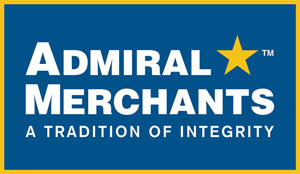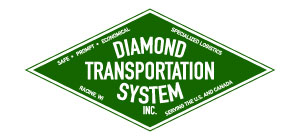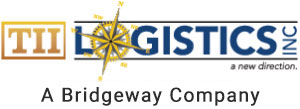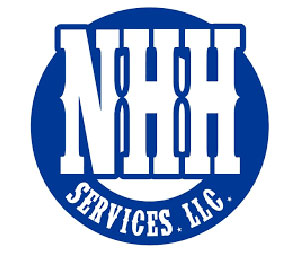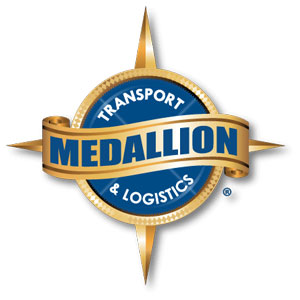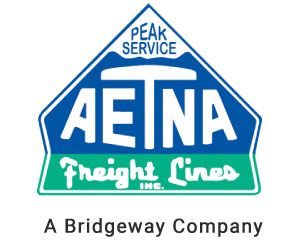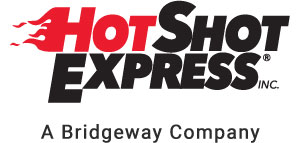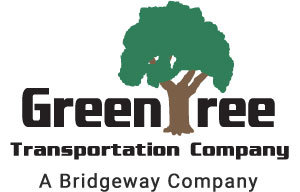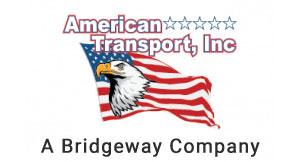International Roadcheck Occurred June 5-7
The latest International Roadcheck run by the Commercial Vehicle Safety Alliance (CVSA) took place from June 5-7. In that 72-hour period, commercial motor vehicle inspectors in locations all across North America conducted inspections of motor vehicles and drivers alike, with a particular focus this year on hours of service compliance for all types of commercial drivers, including those specializing in oversized hauling in Aurora, CO.
According to representatives from the CVSA, hours of service violations were the most common reason drivers were placed out of service during the International Roadcheck conducted in 2017. Approximately 32 percent of all drivers who were placed out of service as a result of those inspections last year were taken off roadways because they had violated hours of service regulations, so the Alliance decided it made sense to make that a focal point of this year’s investigations.
There are strict federal rules about the amount of time commercial drivers can be on the road in a given 24-hour and/or seven-day period. These rules exist to ensure drivers will be alert behind the wheel, preventing potential accidents caused by driver fatigue.
The electronic logging device (ELD) rule that went into effect on December 18, 2017 did not change any of the hours of service rules or exceptions, but it did make it easier for the Alliance to home in on hours of service compliance this year.
About the inspections
During International Roadcheck periods, inspectors conduct the North American Standard Level I inspection. This is a 37-step inspection procedure that includes examinations of the vehicle’s mechanical fitness and the driver’s operational requirements.
Among the processes included in the inspection are checks of the cargo securement, brake systems, coupling devices, driveshaft components, frames, fuel systems, exhaust systems, lighting devices, tires, suspensions, steering mechanisms, open-top trailer bodies, wheels, windshield wipers, rims and hubs. There are extra inspection items for buses, including emergency exits, engine and battery systems, seating and electrical cables.
During the inspection, drivers are asked to provide their hours of service documentation and their operating credentials. Inspectors will also check for seatbelt usage and keep a lookout for alcohol or drug impairment.
If inspectors do not find any critical violations, they provide a CVSA decal to the vehicle, indicating it passed the inspection. If, however, the inspector does turn up a critical violation, he or she could render the vehicle out of service if the condition falls in line with the North American Out-of-Service Criteria, meaning the driver would not be able to operate the vehicle until those violations are corrected.
The results of this year’s inspections are not yet available. But every year, the International Roadcheck is the largest targeted enforcement program on commercial motor vehicles in the entire world. On average, inspectors look at 17 trucks and buses per minute during that three-day period in the United States, Canada and Mexico.
For more information about the International Roadcheck and how it affects oversized hauling in Aurora, CO, contact the team at Osage Specialized Transport today.

